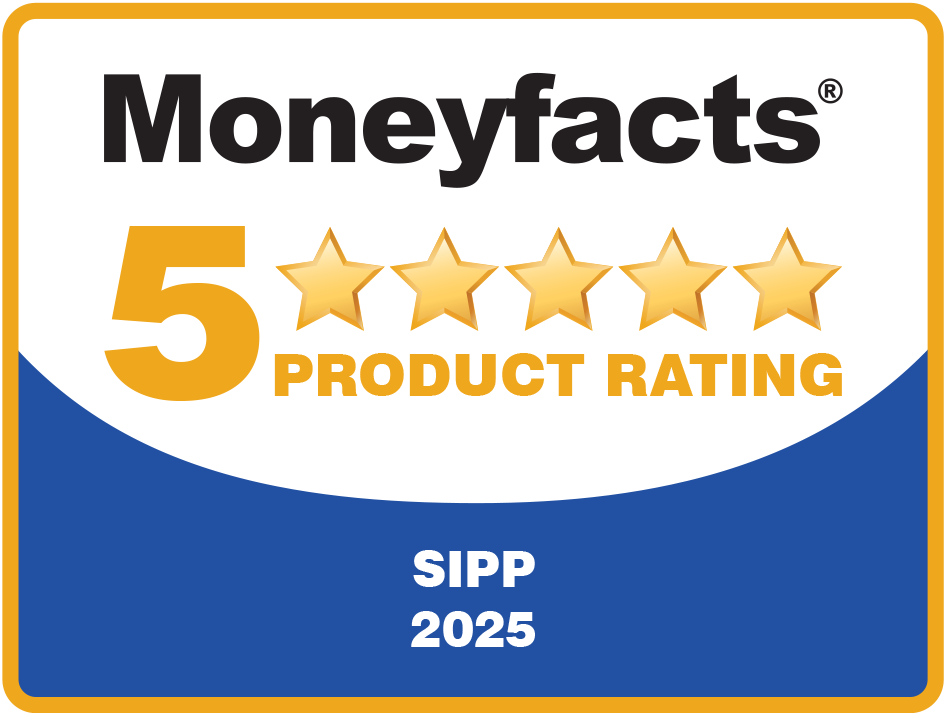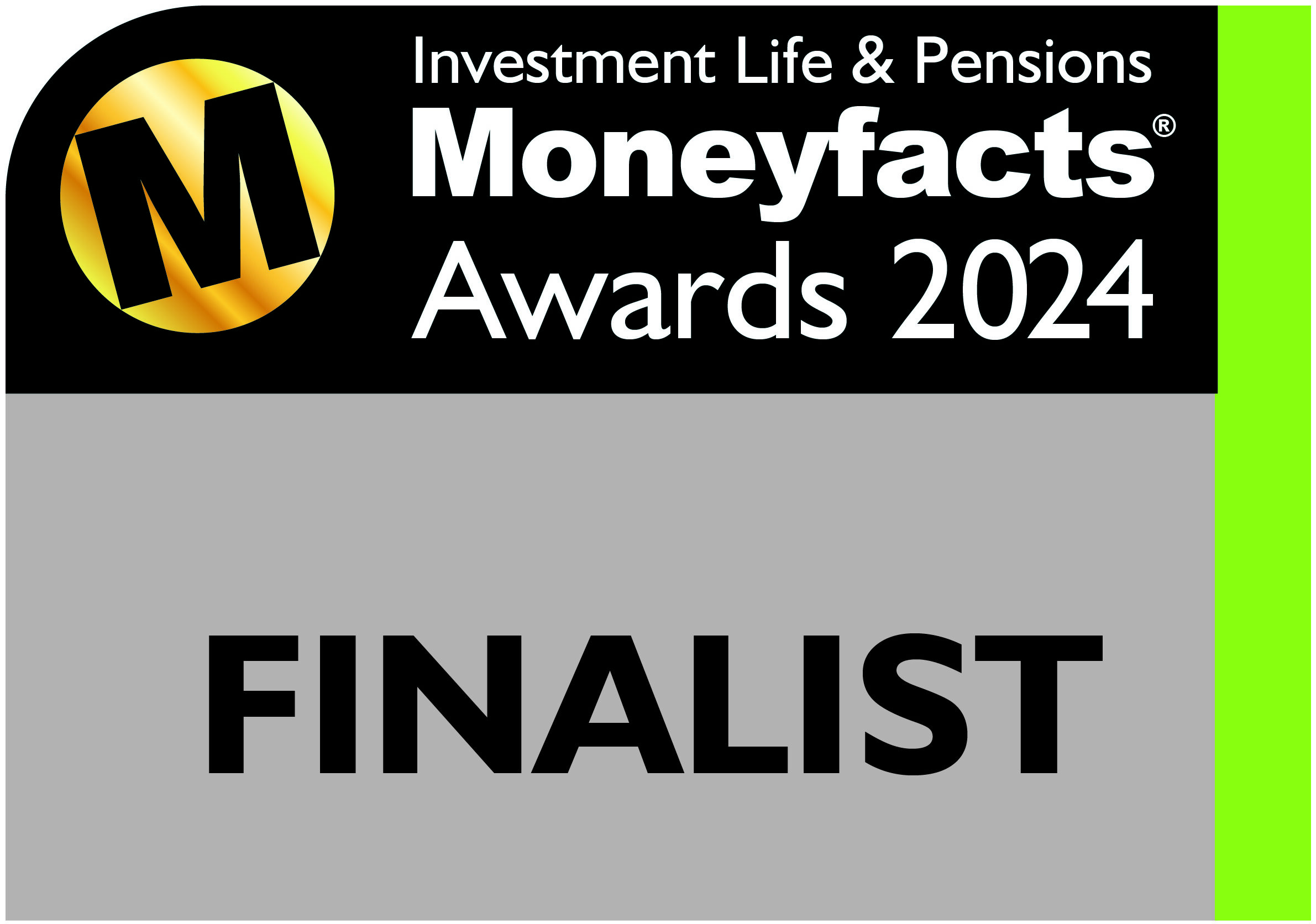The different types of properties we can hold within the IPM SIPP – including some you might not expect
This article is intended for financial services professionals only. None of the information contained in this article should be received as advice. Pensions are a complicated area of financial planning and IPM suggests that financial advice from a suitably regulated financial adviser is sought before an individual takes any action in respect of their pension savings.
Commercial property purchase within SIPPs is a major part of what we do here at IPM:
- As of September 2025, we own over 1,200 properties on behalf of our clients.
- We currently have over 100 transactions in progress.
- More than 56% of the new SIPPs we established in 2024 involved property purchase or transfers.
- We continue to receive high levels of enquiries from financial advisers for clients who are looking to use a SIPP for this purpose.
You may have previously read some of our content relating to SIPPs and property purchase, including:
- 5 tips to avoid unnecessary delays on property purchases
- Key areas to consider before transferring a property from another SIPP provider and how IPM can help
- 10 reasons why IPM is ideal for clients looking to hold properties in a SIPP
- Why we prefer using our panel solicitors at IPM, and why this is beneficial
Despite sharing all this information with you, we realised that we rarely talk about the types of properties we are asked to purchase in a SIPP.
There are certain types of property you cannot hold in the IPM SIPP
As a starting point, IPM will consider any commercial property based in the UK on a freehold or leasehold basis as a purchase for one of our SIPPs. However, we can never give any guarantees that any property will be acceptable to IPM until:
- A SIPP is established
- We have been provided with our complete property purchase questionnaire
- We have been able to instruct solicitors.
There are certain types of properties that we will not accept in our Scheme due to the risk that HMRC may classify them as residential, which could attract tax charges. These include:
- Student accommodation
- Airbnb properties and other short-term holiday lets or rentals
- Traditional residential properties, which, although earmarked for commercial use, are still effectively residential.
HMRC’s definition of residential property for SIPP operators is vague and open to interpretation. The above is IPM’s position only; other SIPP providers may take an alternative view.
Now, onto some of the property types we have acquired in the past. We’ve broken these down into two categories: traditional properties and properties you might not expect to be held in a SIPP.
3 types of property we often hold within the IPM SIPP
- Offices
Offices are a typical enquiry we receive, although there is a wide variety of different types we are asked to consider.
Mostly, these are freehold titles with one tenant. For us, these are fairly straightforward transactions – although each purchase will have unique challenges!
On occasion, we are asked to buy a leasehold title as part of a communal block. These usually do not present us with any issues, but we have increasingly found mortgagee protection clauses in leasehold titles.
The absence of this clause in a leasehold title can impact the SIPP’s ability to sell the property in the future, meaning that IPM has less chance of achieving market value on a sale.
While this can cause issues during a transaction, more often than not, this clause is included in the title. Even where it is not, there is usually a solution to be found.
- Industrial units
The term “industrial units” can conjure up a variety of images, from shiny new-builds on modern industrial estates to those old buildings that need a bit of TLC.
At IPM, we receive enquiries covering the full spectrum. While older units are not usually a problem, past site usage can occasionally raise issues during searches. In some instances, further investigations and extra environmental searches may be required to satisfy our requirements.
When buying a new-build property, it is not unusual for it to be VAT-registered. VAT-registered properties can be accommodated by IPM SIPPs, but they bring further considerations.
For example, we’ll need to ensure that the SIPP has sufficient funds to cover the purchase price plus the additional VAT payment, even though the SIPP can often reclaim this.
Read our previous article on VAT-registered properties in SIPPs to find out more.
- Shops
Retail units, such as shops, are a common request from clients looking to acquire property within an IPM SIPP. Such properties have a range of uses, from barber shops and restaurants to estate agents and independent businesses.
If you think of a shop, you may think of your local high street, which has rows of shops on the ground floor and a floor above which can be residential. While residential property in a SIPP is still an issue, in this instance, it does not necessarily mean the SIPP cannot help.
This would require the consideration of a title split of the property. This is done outside of the SIPP by the current owners’ solicitors.
In effect, the building is divided into two titles:
- A freehold to include the residential element, owned by a third party (this could be the client personally, their business, or a completely unconnected third party).
- A leasehold title, acquired by the SIPP.
It is important that both parts of the property retain separate access. This is to ensure that both titles can be sold independently of one another should the need arise.
3 less-common types of property we’ve held within the IPM SIPP
Beyond the bread-and-butter options, IPM owns (or has seen other SIPP providers acquire) many interesting properties. These include:
- Zoos
- Football stadiums
- Golf courses
- Abattoirs
- Cinemas
- Fishing lakes
Here are three of the more unusual properties that we own within our Scheme.
- Polo club
Two IPM SIPPs own a share of land that they rent to a polo club. With fixtures and tournaments played throughout the summer, the land is also home to extensive stabling facilities, a tack room, grass liveries, an exercise track, and the polo pitch.
Interestingly, the SIPPs do not own the entire title of land on which the polo club operates. Instead, they own just over a 25% share between the two SIPPs.
While there are no restrictions in HMRC guidelines for part ownership of property, IPM will only consider such transactions where:
- The third party that the SIPPs own the property with is connected to the underlying beneficiaries of the SIPP. This is to ensure that the interest of all parties is aligned (in the case of the polo club, the clients personally own the remaining share).
- The property is not VAT-registered.
IPM is comfortable with owning VAT-registered properties in their entirety, either through one SIPP or several.
However, we are not able to limit the SIPP’s VAT liability to the value of its assets. If the third party does not pay VAT or associated fines, liability could fall on the SIPP – or ultimately, on IPM.
- Airfield
It may not be Stansted, but one of our SIPPs owns an airfield in the north-east for a client. The 25-acre site includes the airfield, which is used as a runway, along with a hangar for the planes to be stored.
The airfield is leased to a company that allows use for light aircraft, recreational pilots, and local flight schools. In return, the company pays rent to the SIPP. The rent is collected into the SIPP trustee bank account, and the adviser allocates it to their chosen investment platform within the IPM SIPP.
Remember, IPM does not have panels of investment houses you must select from for your clients. Instead, we can accommodate investments alongside commercial properties within SIPPs at no additional cost.
- Studio and soft play centre
If you have a small child, you’ll be familiar with soft play centres. However, not many people would consider owning one in a SIPP.
This was the scenario presented to us by one of our advisers: a soft play centre combined with a studio (used by the tenant for various classes and clubs) and a small café area. The property is actually classed as an industrial unit on a new-build industrial site, leaning into what we said earlier about these types of properties having a variety of uses.
As the client’s SIPPs did not have sufficient cash to complete the purchase, borrowing was required.
The maximum amount that a SIPP can borrow under HMRC guidelines is limited to 50% of net scheme assets. Often, clients will approach banks or brokers to source the finance.
Another option is to have a connected party lend the money to the SIPP on a commercial basis. In the instance of the soft play centre, it was the client’s business that lent the money to the SIPPs to complete the purchase. Consequently, it was also the client’s business that benefited from the interest return on the loan paid by the SIPP.
Get in touch
If you have any SIPP-related queries, whether that’s around commercial property purchase or any other aspect of SIPPs, please get in touch.
Email info@ipm-pensions.co.uk or call 01438 747151.



